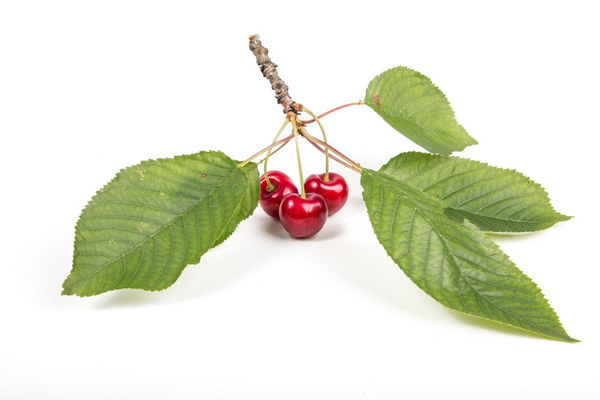The Quest for Longevity Unveiling the Secrets of Anti-Aging Science
In the relentless pursuit of life's endless journey, humanity has always been fascinated by the concept of longevity and the art of anti-aging. The desire to defy the ticking clock and live a life filled with vitality has sparked countless scientific inquiries and cultural beliefs. This article delves into the fascinating world of longevity and anti-aging, exploring the cutting-edge research and timeless practices that could potentially extend our lifespan and enhance the quality of our years.
The Science of Longevity
The study of longevity, known as gerontology, has made significant strides in understanding the biological mechanisms behind aging. Scientists have identified several key factors that contribute to the aging process, including genetics, lifestyle choices, and environmental influences.
Genetics: The Blueprint for Longevity
Research has shown that genetics play a crucial role in determining our lifespan. Long-lived individuals often possess specific genetic markers that contribute to their extended longevity. For example, studies have identified genes such as SIRT1, which is believed to play a role in regulating cellular aging and lifespan in various organisms.
Lifestyle Choices: The Pillars of Longevity
Beyond genetics, lifestyle choices have a profound impact on our aging process. A diet rich in fruits, vegetables, whole grains, and lean proteins has been linked to increased longevity. Regular physical activity, adequate sleep, and stress management are also important factors that contribute to a longer, healthier life.
Environmental Influences: The Hidden Factors
The environment in which we live can also influence our aging process. Exposure to pollutants, radiation, and other harmful substances can accelerate aging and lead to age-related diseases. Conversely, a clean, healthy environment can promote longevity by reducing the risk of illness and injury.
Anti-Aging Science: A Battle Against Time
The field of anti-aging science is a rapidly evolving branch of medicine that aims to slow down the aging process and combat age-related diseases. Here are some of the most promising advancements in anti-aging research:
1. Telomere Lengthening: The End of the Aging Process?
Telomeres are the protective caps at the end of chromosomes that shorten as cells divide, eventually leading to cellular aging and death. Researchers are exploring ways to lengthen telomeres, which could potentially reverse the aging process and extend lifespan.
2. Caloric Restriction: The Ancient Secret to Longevity
Caloric restriction, or eating less food while maintaining adequate nutrition, has been shown to extend lifespan in various organisms. This practice triggers a cellular response that promotes longevity and may be applicable to humans as well.
3. Stem Cell Therapy: The Fountain of Youth?
Stem cell therapy holds great promise for reversing age-related damage and rejuvenating aging tissues. By harnessing the regenerative power of stem cells, scientists hope to treat a wide range of age-related diseases and improve overall health.
4. Hormonal Therapy: The Hormonal Balance for Longevity
Hormonal imbalances are a common feature of aging, and correcting these imbalances may have anti-aging effects. Hormonal therapy, such as testosterone replacement therapy or human growth hormone (HGH) supplementation, is being studied as a potential way to slow down the aging process.
Timeless Practices for Longevity

While scientific advancements are crucial in the quest for longevity, there are also timeless practices that have been shown to contribute to a longer, healthier life:
1. Social Connections: The Pillar of Longevity
Maintaining strong social connections has been linked to increased longevity. Regular interactions with family, friends, and community can provide emotional support, reduce stress, and enhance overall well-being.
2. Mindfulness and Meditation: The Path to Inner Peace
Mindfulness and meditation practices have been shown to reduce stress, improve cognitive function, and promote overall health. These practices can help us live more fully in the present moment and reduce the negative effects of aging on our mental and physical health.
3. Continual Learning: The Key to Lifelong Vitality
Engaging in lifelong learning can stimulate the mind, reduce the risk of cognitive decline, and promote overall well-being. Whether it's reading, taking up a new hobby, or pursuing further education, the pursuit of knowledge is a powerful tool in the fight against aging.
In conclusion, the quest for longevity and the pursuit of anti-aging solutions are multifaceted endeavors that involve a combination of genetic predisposition, lifestyle choices, environmental factors, and cutting-edge scientific research. By understanding the complexities of aging and embracing both traditional and modern practices, we can move closer to a future where longevity and vitality are within our grasp.









